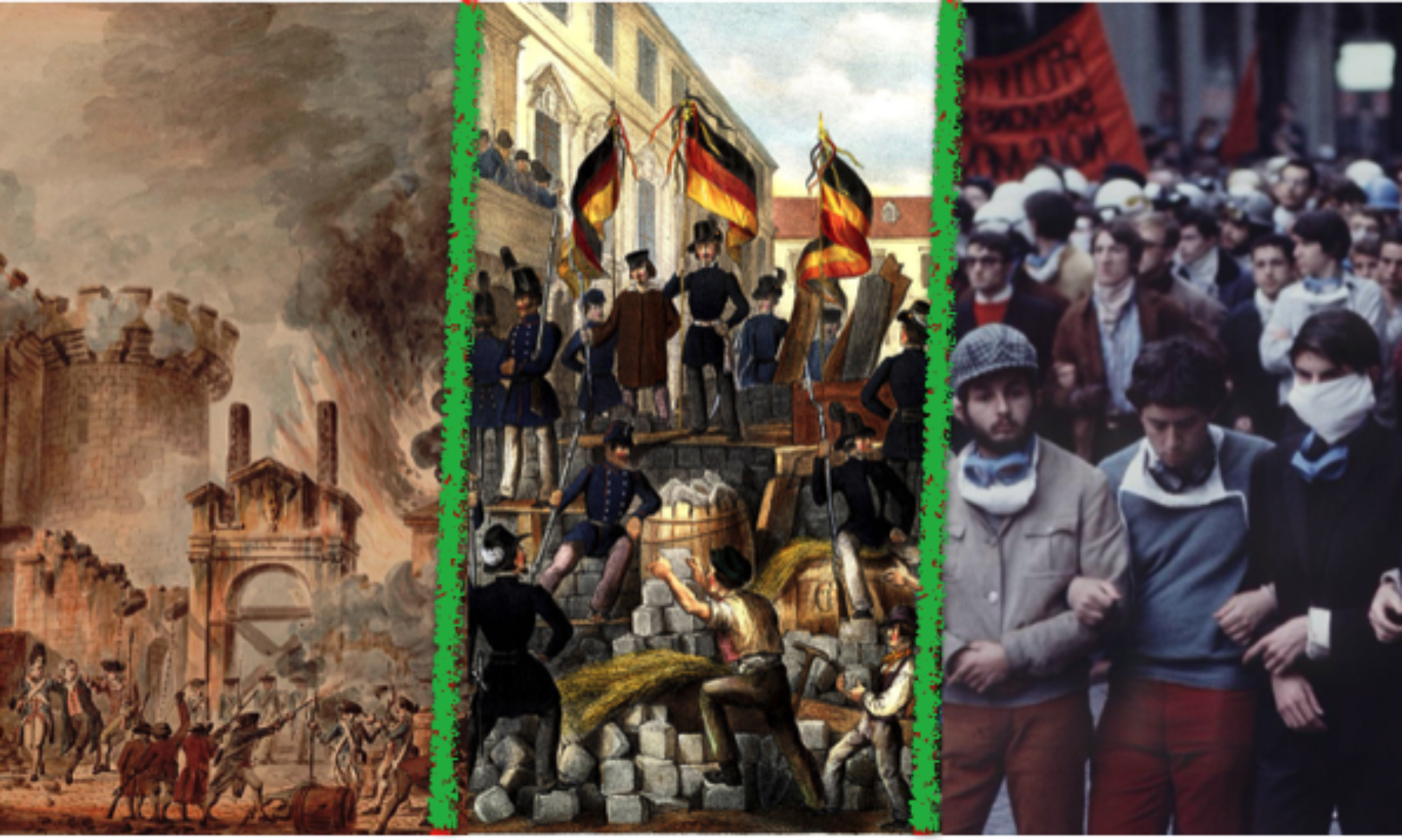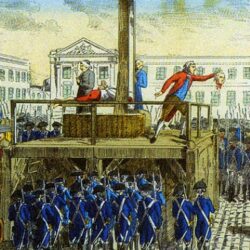“The Many Bodies of Marie Antoinette” proved to be a very interesting piece. I think it ties in very well with discussions we have already been having in class. For most of history, women remain a concept, never appreciated in reality, and yet are always placed in higher blame even when powerless in their situations. One can never talk misogyny without mentioning Rousseau, who blamed the downfall of men to always be at the hands of a woman’s “seducing and betraying” (211). Rousseau always manages to remain a perfect contradiction in describing the intrinsic evil that is woman all while insisting that the “natural order” of them is being in the private sphere as dainty and subservient creatures. In reality, Marie Antoinette had been moved to France as a young girl and arranged to marry Louis. Her “job” as Queen included nothing political. In fact, it was to represent the height of French society, which she did. For those familiar with the Madonna/Whore complex, it is very interesting to see her public image be shifted from one to the other. She doesn’t necessarily change, but the way in which she is perceived does. Personally, I think her legacy as the face of opulence and corruption in the monarchy is unfair and reflective of an inherently misogynistic society.


Revolution! Europe at the Barricades (HIS 270-02 F20)
Fight for your rights!
SAMMY, I want to say great mind right now! My post touches on these points, too. I agree that Marie Antoinette does not get a fair shake. I think she was doing her part to be the person she was born/raised/supposed to be within her societal standing. I think she did her part to uphold the “natural order” (barf) that Rousseau wants to insist upon. Looking at the trajectory of the monarchy, there was no way for her to ever escape the confides of the Madonna/Whore complex.